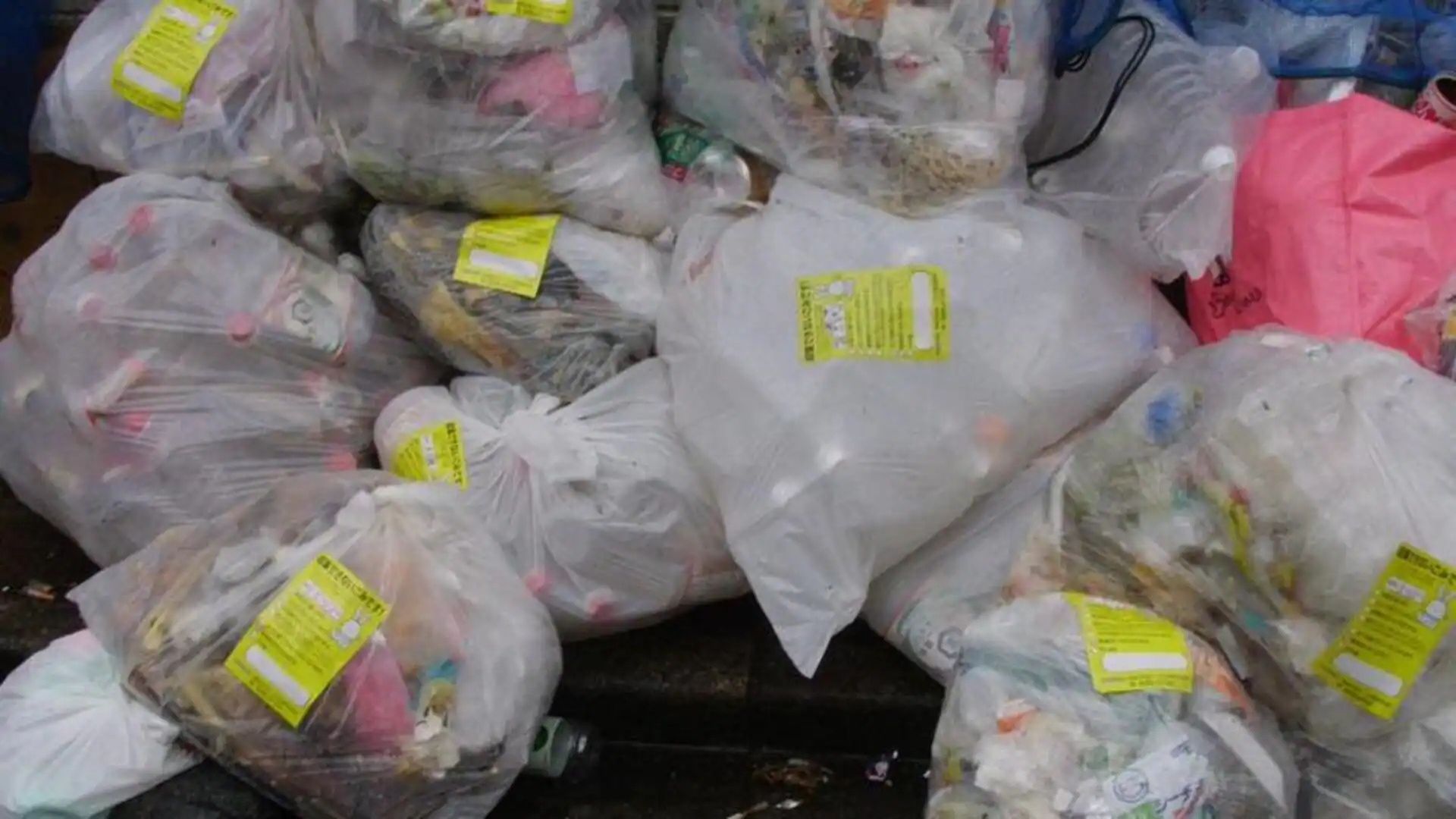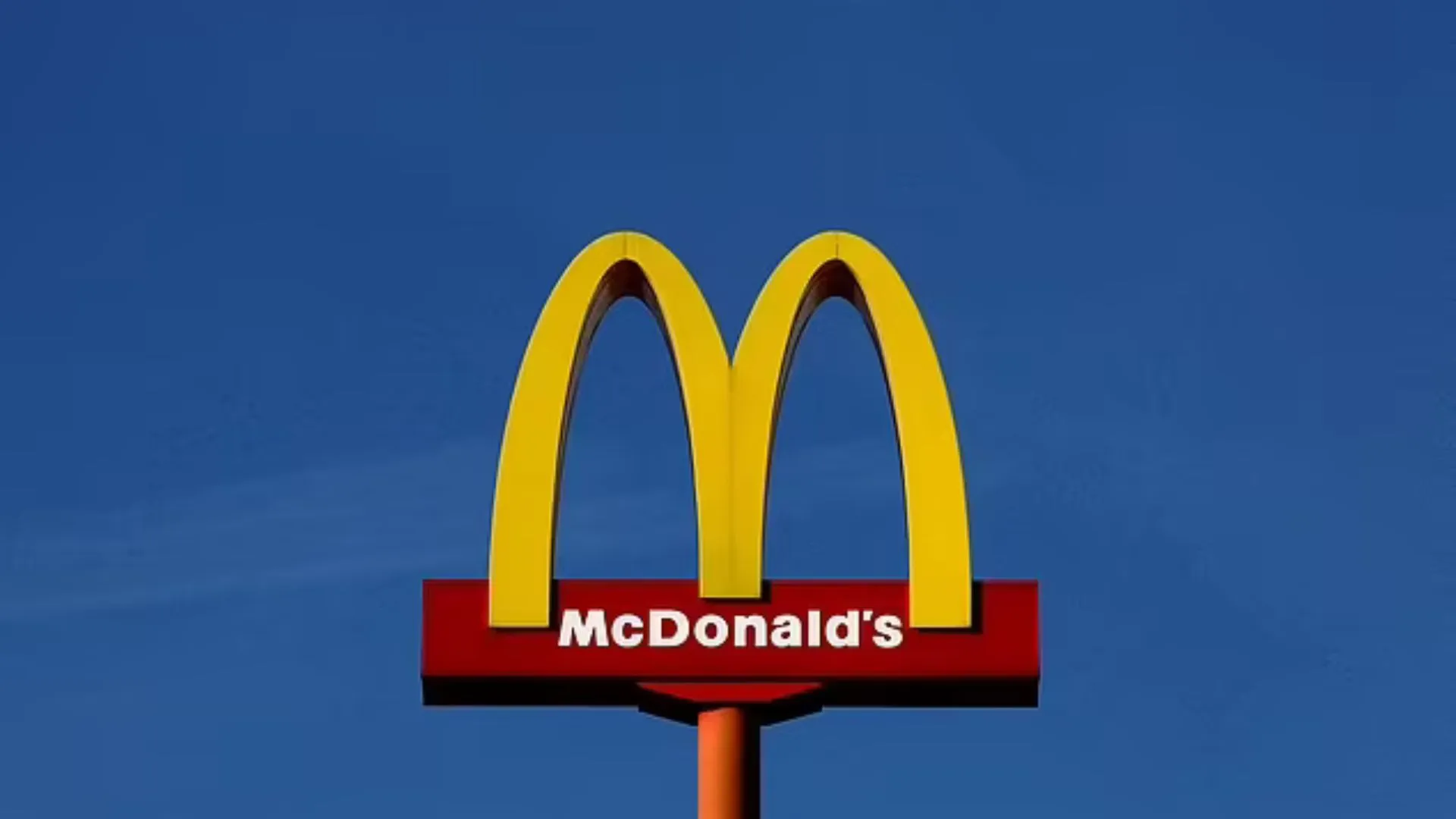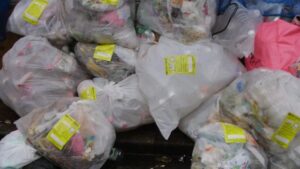Beginning in March 2024, Japan will adopt a controversial “name and shame” policy for individuals and businesses found violating garbage sorting and disposal regulations. The municipal corporation of Fukushima passed new regulations on December 17, allowing garbage bags that do not comply with separation rules to be opened to identify violators. If necessary changes are not made, the names of these violators will be made public.
Japan is known for its stringent waste disposal policies
Japan is known for its stringent waste disposal policies, contributing to its reputation as one of the cleanest countries in the world. However, Fukushima reported approximately 9,000 cases of non-compliant rubbish in the past year, prompting local authorities to take action. In fiscal 2022, the city’s daily trash per person was recorded at 1.08 kilograms, exceeding the national average of 880 grams.
“Through this initiative, we hope to somehow correct the current situation of improper garbage disposal. We will work to promote thorough separation of garbage and reduction of waste,” said Fukushima Mayor Hiroshi Kohata in an interview with the Mainichi.
The new regulations will introduce a tiered process for identifying violators. Currently, garbage collectors place a yellow “violation sticker” on non-compliant bags. Under the revised policy, municipal workers will affix a red “warning sticker” to these bags. If the rubbish remains unsorted for a week, workers will collect the bags for inspection, identifying violators through mail and other items found within.
Violators will first receive a verbal warning, followed by a written advisory. If non-compliance continues, their names will be published on the municipal government website.
While more than half of Japan’s 62 core cities conduct garbage bag inspections, Fukushima’s local government will be the first to publicly disclose the names of violators. Authorities have stated that there is nothing illegal about publicizing the names of those who repeatedly disregard waste disposal rules.
Since the 1990s, Japan has made it a national goal to reduce waste, shift away from landfills, and promote recycling. Last year, the city of Chiba introduced an AI assistant to help residents properly dispose of their garbage, reflecting the country’s commitment to effective waste management.












